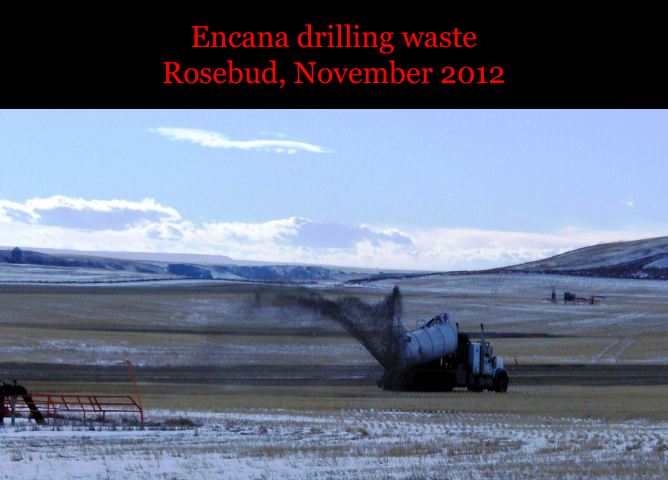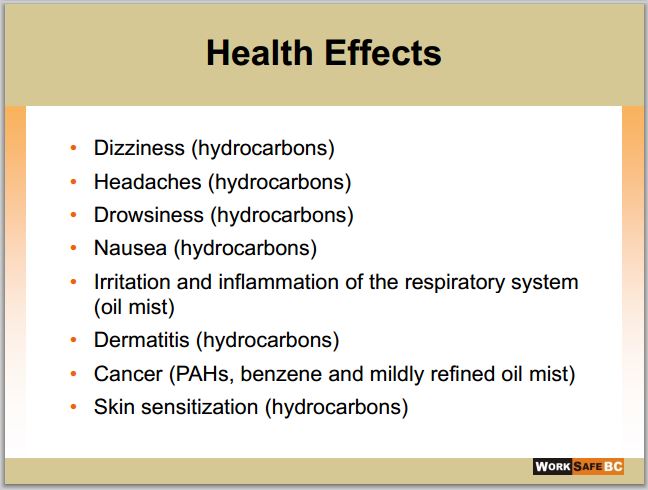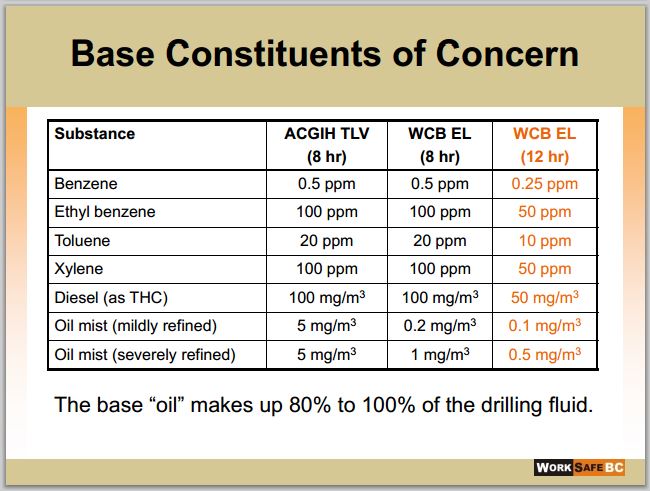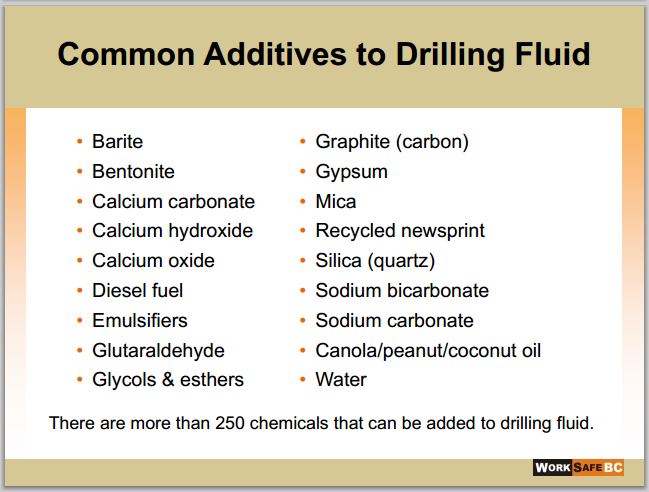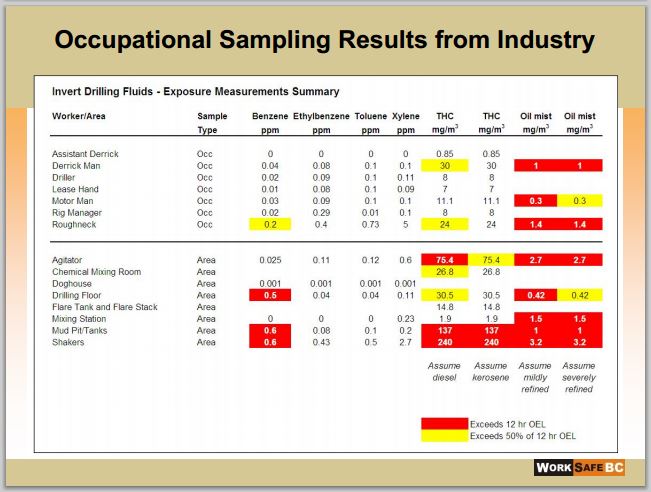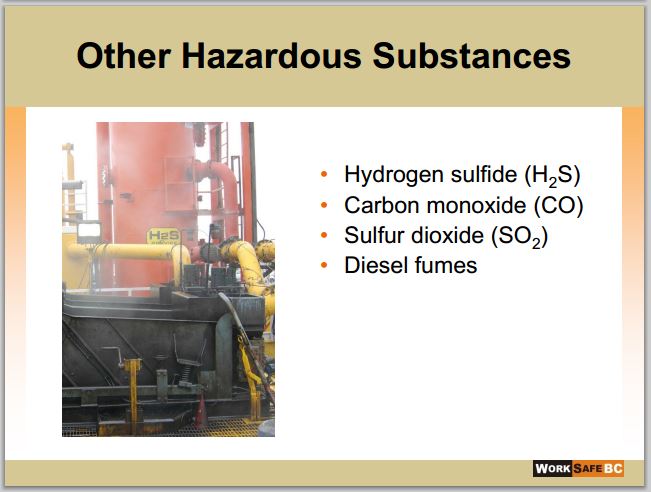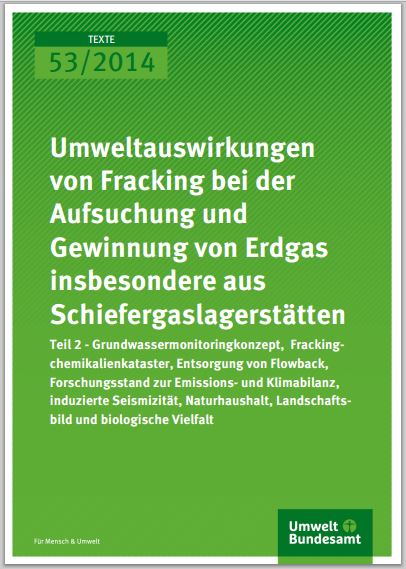German experts warn against fracking by Deutsche Welle, July 30, 2014
The country’s Federal Environmental Agency says the risk associated with fracking is too big. Ministries involved are pushing for an initial ban on the practice until 2021. In their 600 page document, the agency warns of the dangers of obtaining gas from underground layers of rock. “We do not need fracking gas in Germany,” says Federal Environment Agency (UBA) president Maria Krautzberger.
Krautzberger believes that the environmental risks associated with fracking are too considerable and that the process shouldn’t be banned, but instead made impossible by creating tougher stipulations. The only reason why a complete ban shouldn’t be imposed, she adds, is because it would be difficult to legally enforce.
…
The risk of water table pollution is one of the major reasons fracking is unpopular in Germany. German Economic Minister Sigmar Gabriel and Environment Minister Barbara Hendricks have presented a document which will be put forward in the fall. The proposed law aims to ban drilling [above] 3000 meters (1.9 miles) until 2021. Only in specific circumstances will it be allowed for research purposes.
German Chancellor Angela Merkel’s conservative CDU party does have a few fracking supporters in its ranks. But it’s expected the economics and environment ministries will win over the government on the matter. The depth limits have been cleverly selected. All shale gas reserves that are worth any value in Germany are situated between 1000 and 2500 meters beneath the earth’s surface.
The new study from UBA supports the ministers’ stance. “Fracking is a risky technology, and for that reason it needs narrow restrictions to protect the environment and human health,” says Maria Krautzberger.
…
Krautzberger believes the technique should be completely banned in water reserves, such as marshes or lakes, and protected areas. … “Fracking is not a solution for protecting our climate, which will help us move across to renewable energy. It would be better if our country concentrated on proven, environmentally-friendly forms of energy.”
But she also points out another environmental problem. According to UBA experts, the liquid released in the process could transport other poisonous subterranean materials “like heavy metals, aromatic hydrocarbons and, in some places, even radioactive substances.” [Emphasis added]
German Environment Agency calls for rules preventing fracking by Gernot Heller, July 30, 2014, Reuters
Germany’s Environment Agency said it wanted to make fracking practically impossible to head off the risk that the technique for extracting gas could contaminate groundwater with chemicals. The agency’s view, in a report on Wednesday, feeds into a fierce debate about fracking as Chancellor Angela Merkel’s government draws up new rules on water protection and mining, which will determine the future policy toward fracking. The report contained recommendations the agency will make to the government on the new rules. … “Basically, we believe that the dangers of this technology are too great,” Federal Environment Agency President Maria Krautzberger told reporters.
“Lawmakers should end this extremely unsatisfactory situation quickly,” she said, adding that while a general ban on fracking would be legally difficult, fast and tough legal safeguards could result in a similar effect. … Guenther Oettinger, the European Commissioner for Energy who is a member of Merkel’s conservatives, said this month Germany should keep its options open when it comes to fracking. The Environment Agency advises the environment ministry, which is jointly responsible with the economy and energy ministry for drawing up rules affecting fracking. A spokeswoman for the environment ministry said draft laws on fracking would be presented to the cabinet after the summer break. She added that the rules laid out in the water protection law – the responsibility of the environment ministry – would mean that fracking would be ruled out in the foreseeable future. [Emphasis added]
From the German EPA’s July 30, 2014 Press Release:
“Ein tragfähiges Entsorgungskonzept hat bislang kein Unternehmen vorlegen können.”
Translates to:
“So far, no company has been able to present a sustainable waste management concept.”
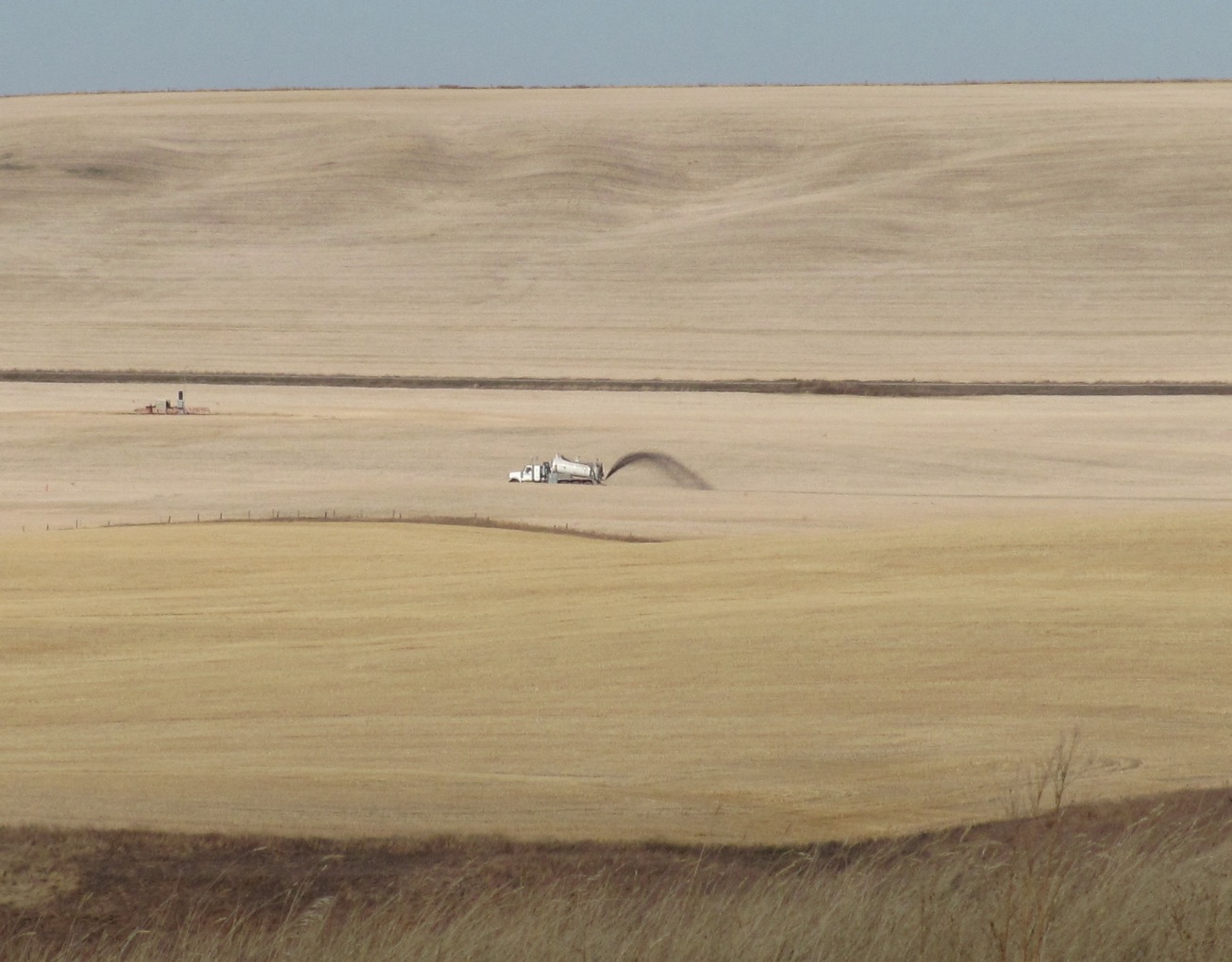
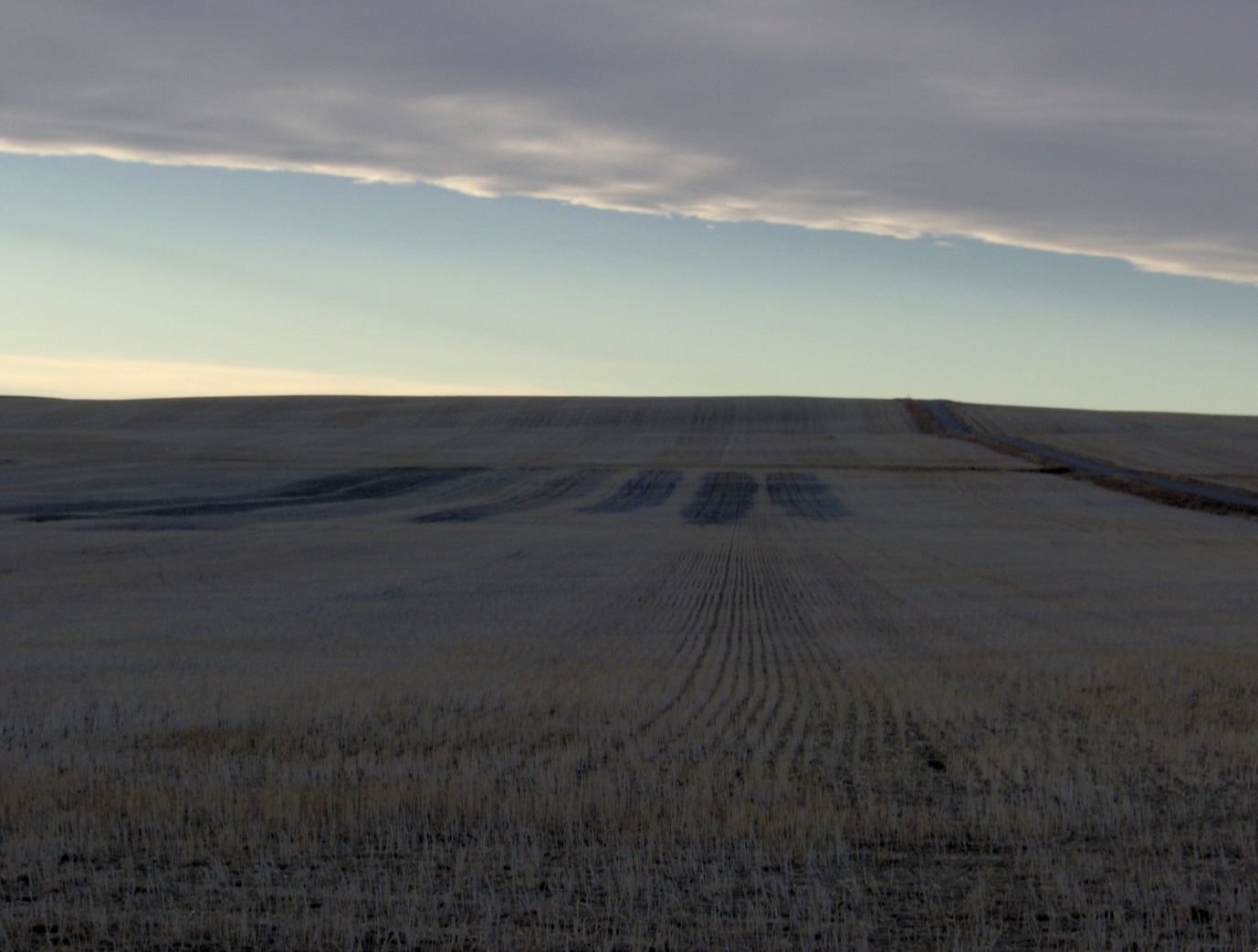
Encana’s unconventional gas well drilling waste dumping on food land near Rosebud, Alberta, October 2011. The Fish Scale Shales Encana is reportedly targeting are radioactive.
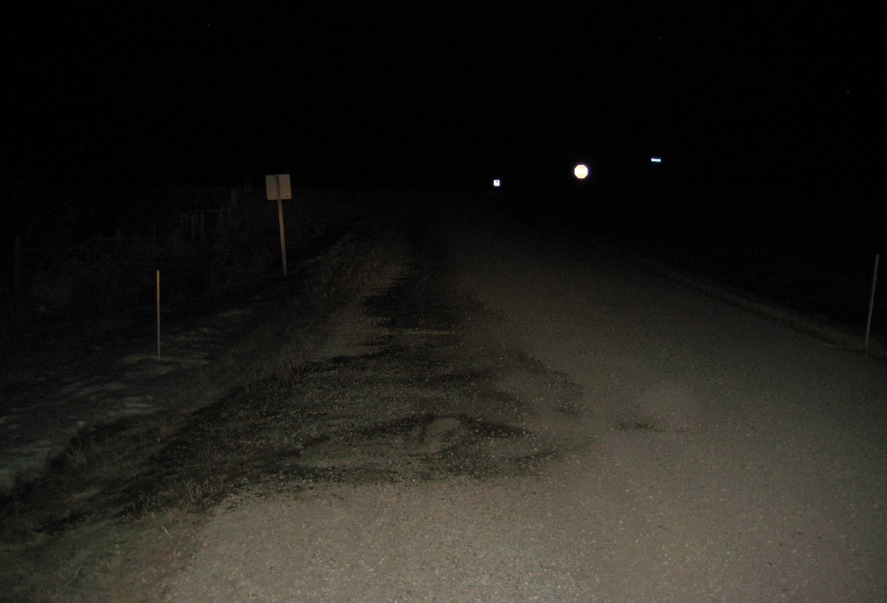
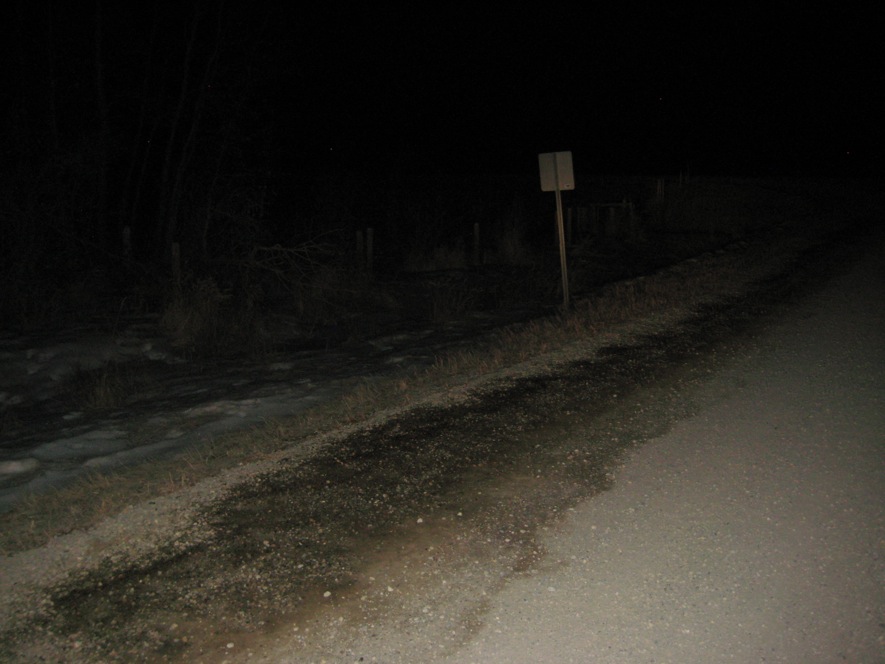
February 2012: Oilfield Waste Dumping off Lochend Road near Calgary, Alberta Canada. After getting caught and a citizen reporting the dumping to police, NAL Resources attempted to clean it up – as a ‘good neighbor’ gesture.
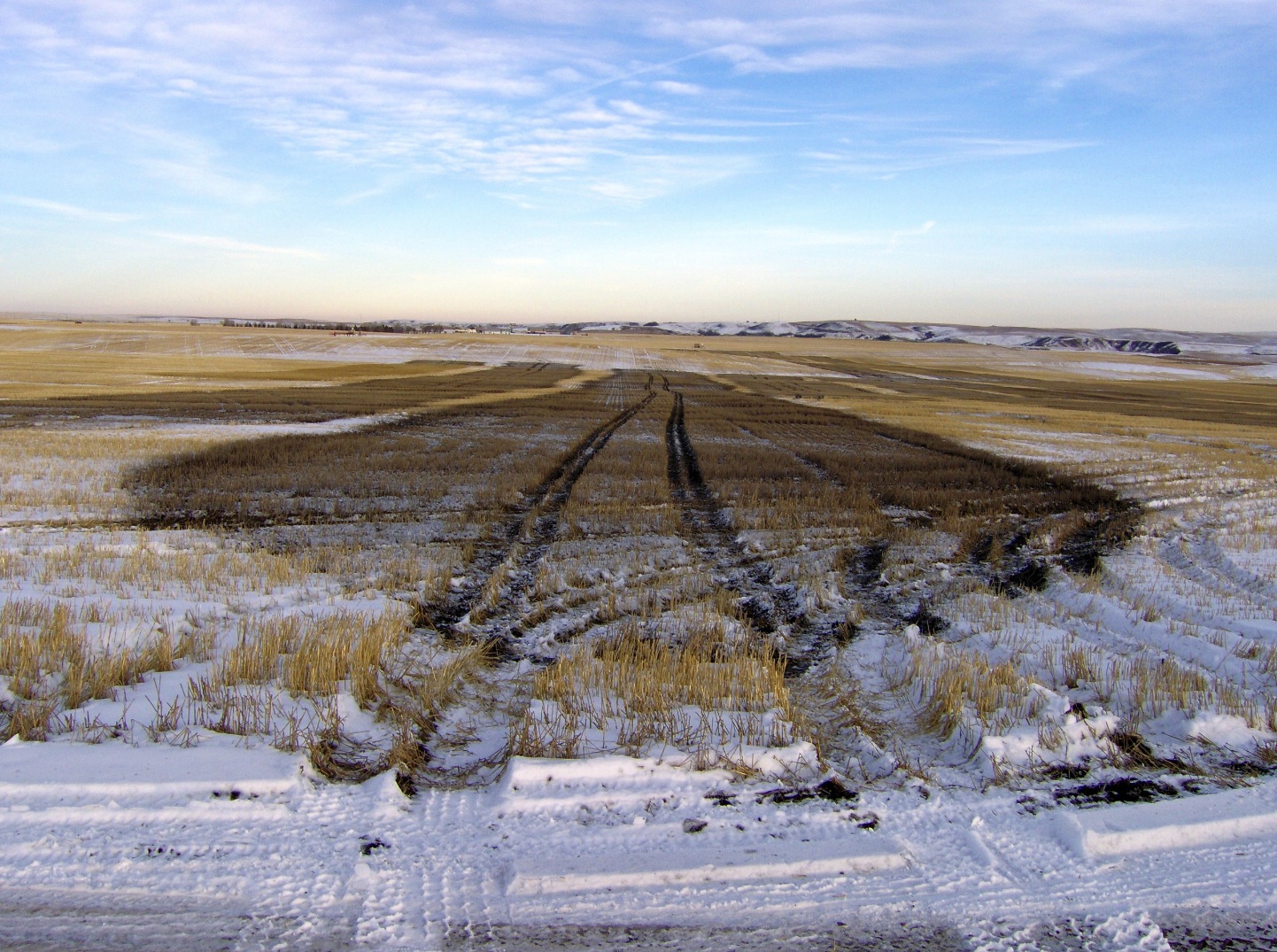

November 2012: Encana’s unconventional gas well drilling waste dumped in the same food land field near Rosebud, as in the year previous (top two photos).
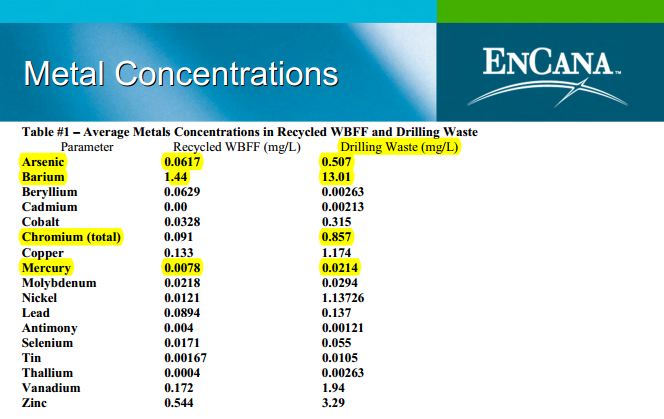
Source: 2005 EnCana frac fluid and drilling waste study, Suffield, Alberta

Unconventional drilling produces a phenomenal amount of toxic waste. Drilling waste dumped on food land in the Lochend, near Calgary, Alberta, October 2013.
Complete WorkSafeBC presentation
Umweltauswirkungen von Fracking bei der Aufsuchung und Gewinnung von Erdgas insbesondere aus Schiefergaslagerstätten
Teil 2 – Grundwassermonitoringkonzept, Frackingchemikalienkataster, Entsorgung von Flowback, Forschungsstand zur Emissions- und Klimabilanz, induzierte Seismizität, Naturhaushalt, Landschaftsbild und biologische Vielfalt 634 pages by Uwe Dannwolf, Anke Heckelsmüller, Nikolaus Steiner, Carola Rink, Dirk Weichgrebe, Katrin Kayser, Ralph Zwafink, Karl–Heinz Rosenwinkel, Uwe R. Fritsche, Kevin Fingerman, Suzanne Hunt, Horst Rüter, Andreas Donat, Stefan Bauer, Karsten Runge, Sebastian Heinrich, July 2014
Im Gutachten werden in der Vorgängerstudie benannte offene Fragen sowie weitere Gesichtspunkte, die die momentanen umweltrelevanten Themen bei der Schiefergasgewinnung widerspiegeln, in mehreren Einzelbeiträgen (Arbeitspaketen) betrachtet. Im Einzelnen sind dies: Entwicklung eines Grundwassermonitoringkonzeptes, Bewertung der Möglichkeit eines bundesweiten Frackingchemikalienkatasters, Bewertung einer umweltverträglichen Entsorgung von Flowback, Aufbereitung des Forschungsstandes zur Emissions-/Klimabilanz, Untersuchung hinsichtlich potenzieller Gefährdung durch induzierte Seismizität, Aufzeigen und Bewertung der raum- und flächenrelevanten Aspekte sowie der Auswirkungen auf Naturhaushalt, Landschaftsbild und biologische Vielfalt. Zielsetzung des vorliegenden Gutachtens ist die technische und wissenschaftliche Bewertung der oben aufgeführten Gesichtspunkte sowie der damit einhergehenden Risiken. Darüber hinaus werden die sich ergebenden offenen Fragen und Wissenslücken benannt sowie Ansätze und Vorschläge zur Lösung dieser erörtert. Das Gutachten enthält Empfehlungen, die ins Fachrecht umgesetzt werden können.
[ A statement in the study is very significant:
The water demand of unconventional gas production (in shale and tight gas production) exceeds water needs for agricultural irrigation in some regions of Lower Saxony, creating a high probability of land use conflicts.
The study also highlights that those conflicts will increase because of climate change and increasingly drier summers; the need for agricultural irrigation in currently less drought-prone areas will increase.
English translation of the report expected in the next few months. ]

